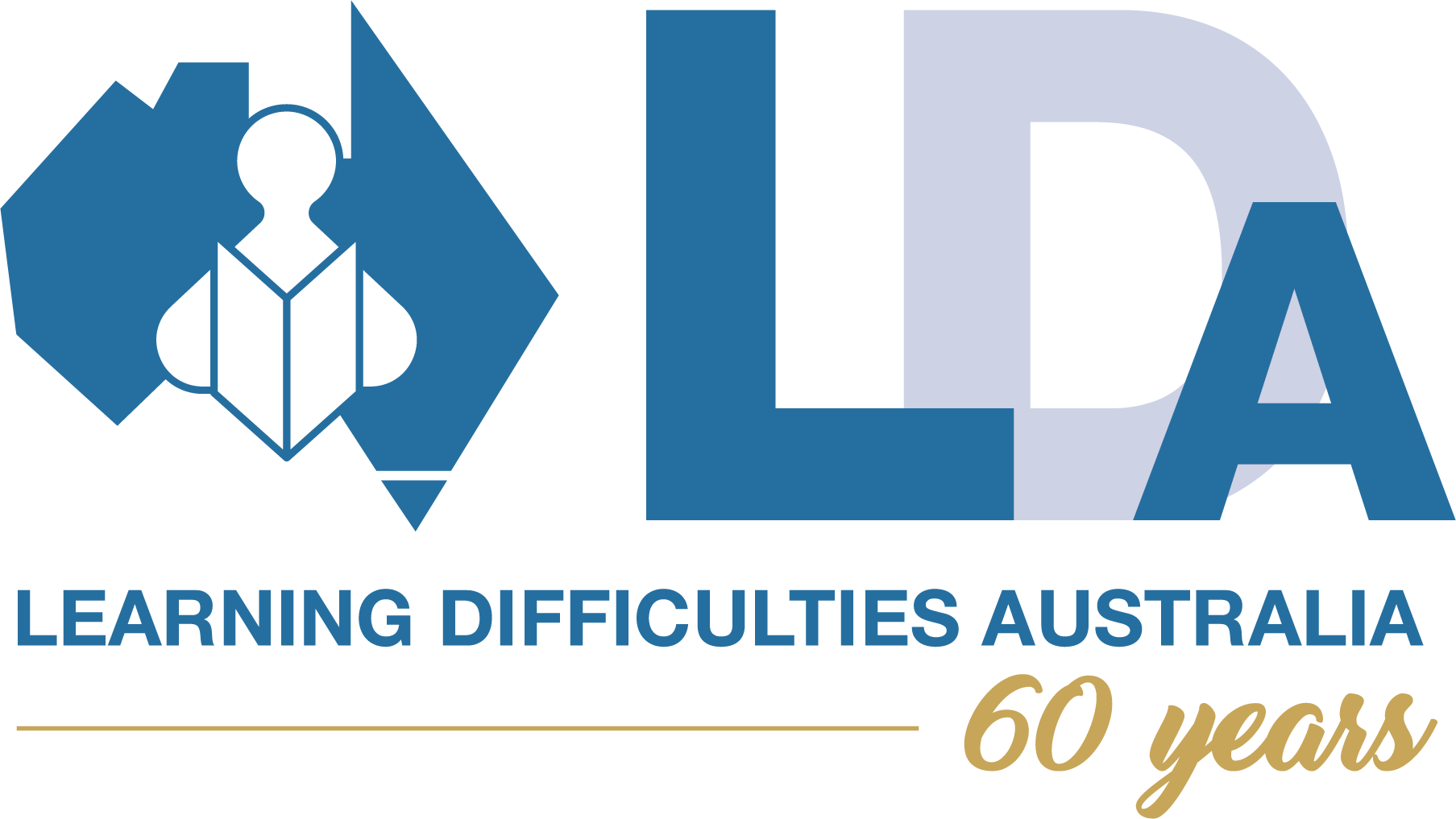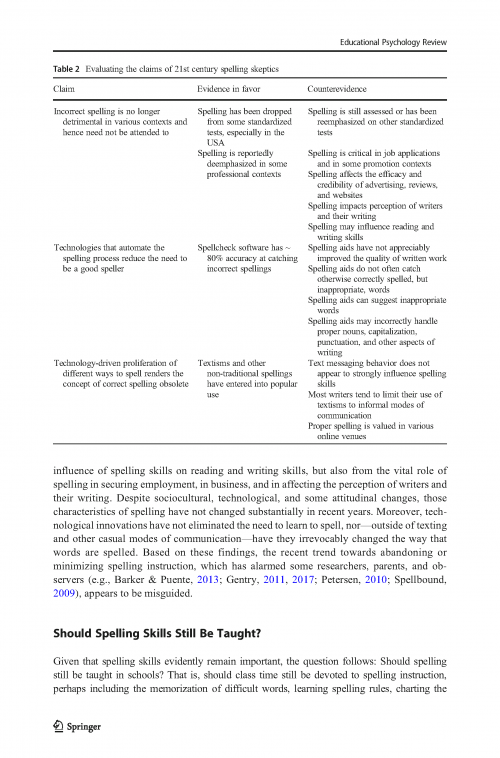Reading and spelling are closely linked, but also draw on different skills and processes. At the most basic level, spelling is a production task while reading is one of recognition. That there are differences in the demands of reading and spelling is evident from the existence of a small but distinct group of individuals who are unexpectedly poor spellers: their reading falls within the normal range, but they fall well below average on measures of spelling. By closely studying children who show this profile, we can learn more about which skills are common across reading and spelling, and which skills are distinct.
LDA Webinars: Spelling
English has Five Kinds of Logic
Alison Clarke breaks down the English language into ‘five kinds of logic.’ You can find additional information and resources on Alison’s Spelfabet website.
Assessment-Informed Practice in Teaching Spelling.
You can find more information about Tessa’s work and additional resources on her website.
Bartek has provided handouts to accompany his presentation and further resources can be found on his website The Reading Doctor. Used with permission from Dr. Rajkowski and the South Australian Education Department.
Why Teachers of English Spelling need to be Experts in the Sounds of Speech.
Have you ever told a student that a word is spelled a certain way because English is weird? In this presentation, Speech and Language Pathologist Dr. Bartek Rajkowski will convince you that written English has an undeserved reputation for being illogical. He will explain why English words are spelled the way they are, and why teaching kids to read and spell requires us to be experts in understanding the relationship between English speech sounds and spelling.

